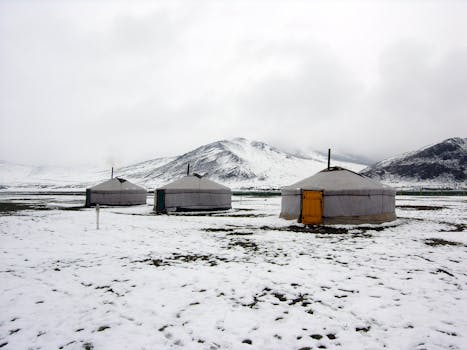
“
Sustainable Travel Practices: Merging a Conscious Lifestyle with Adventures
Sustainable travel practices are becoming increasingly important as travelers become more aware of their impact on the environment. Sustainable travel is about reducing your footprint while exploring the world, and it’s an essential aspect of responsible tourism. In this article, we’ll delve into the world of sustainable travel, exploring the best practices and tips for merging a conscious lifestyle with adventures.
Why Sustainable Travel Matters

The tourism industry is one of the largest contributors to greenhouse gas emissions, with air travel being a significant culprit. However, it’s not just about carbon emissions; sustainable travel also encompasses cultural sensitivity, environmental conservation, and social responsibility. By adopting sustainable travel practices, you can help reduce your impact on the environment, support local communities, and preserve cultural heritage sites.
Best Practices for Sustainable Travel

So, how can you make your travels more sustainable? Here are some best practices to get you started:
- Research, research, research: Before booking your trip, research your destination and choose tour operators that adhere to sustainable tourism practices.
- Choose eco-friendly accommodations: Opt for hotels, lodges, or resorts that have implemented environmentally friendly practices, such as solar power, recycling, and reducing water waste.
- Reduce, reuse, recycle: Bring a reusable water bottle, avoid single-use plastics, and recycle whenever possible.
- Respect local cultures: Learn about local customs, traditions, and etiquette to avoid unintentionally offending or disrupting the community.
- Support local economies: Buy local products, eat at local restaurants, and support small businesses to contribute to the local economy.
Sustainable Travel Destinations

From the lush rainforests of Costa Rica to the stunning landscapes of New Zealand, there are numerous destinations around the world that offer sustainable travel experiences. Here are a few examples:
- Costa Rica: Known for its eco-lodges, sustainable tourism practices, and stunning natural beauty, Costa Rica is a paradise for sustainable travelers.
- New Zealand: With its rugged landscapes, diverse wildlife, and commitment to environmental conservation, New Zealand is an ideal destination for outdoor enthusiasts and sustainable travelers.
- Iceland: This Nordic island nation is a leader in renewable energy and sustainable tourism, offering a unique blend of natural beauty, culture, and adventure.
Conclusion

Sustainable travel practices are no longer a niche concept; they’re an essential aspect of responsible tourism. By merging a conscious lifestyle with adventures, you can reduce your impact on the environment, support local communities, and preserve cultural heritage sites. Remember to research, choose eco-friendly accommodations, reduce waste, respect local cultures, and support local economies. With these best practices and a commitment to sustainability, you can explore the world while making a positive impact on the environment and local communities.






